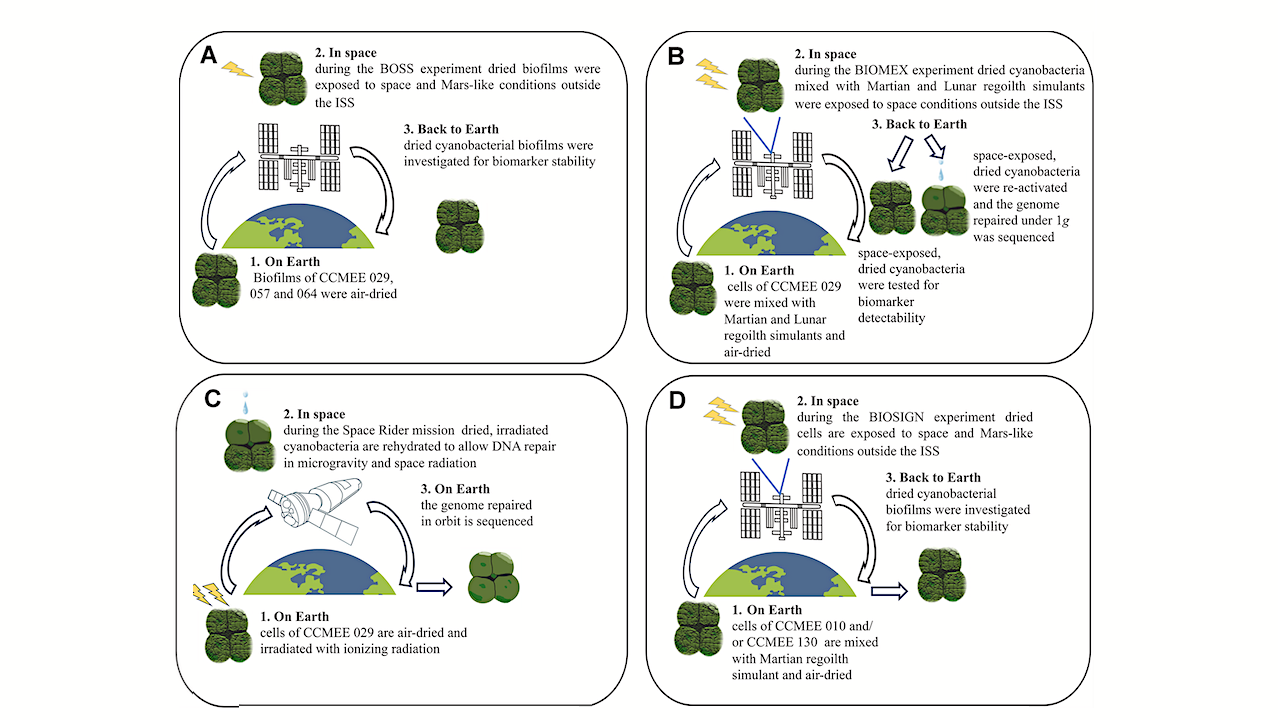Concerns have emerged regarding a potential espionage tactic targeting tech industry professionals in the West. According to a report by The Times, Chinese and Russian operatives are allegedly using attractive women to gain access to sensitive information from tech workers. This practice, termed “sex warfare,” raises questions about the evolving tactics of foreign intelligence agencies.
The report cites several industry insiders who warn about sophisticated schemes involving young women who charm workers, particularly in Silicon Valley, into revealing insider information. In some instances, these relationships purportedly develop into long-term commitments, including marriage and family. “It’s the Wild West out there,” one insider stated, highlighting the perceived vulnerability of tech professionals.
James Mulvenon, the chief intelligence officer at Pamir Consulting, noted an increase in suspicious LinkedIn requests from attractive young women believed to be associated with these foreign intelligence efforts. He recounted an experience at a business conference in Virginia, where two women attempted to enter without credentials. “They had all the information about the event, and everything else,” Mulvenon told The Times.
While the concept of a “honey trap” has historical roots, particularly from the Cold War era, skepticism surrounds the current claims. Reports of such tactics have circulated for decades, often fueled by espionage fiction and sensational accounts. Although there are documented cases of seduction leading to espionage, such as the experience of CIA officer Joseph Alsop, substantial evidence remains rare.
Amanda Ohlke, director of adult education at the International Spy Museum, emphasized the lack of official data on honey trapping, stating, “It is only one aspect of the many ways intelligence agencies might elicit information.” This observation underscores the complexities of modern espionage and the diverse methods that may be employed.
The implications of these revelations are significant, particularly as geopolitical tensions escalate. One source described a scenario in which a Russian woman married her American colleague while working at an aerospace company, suggesting a strategy of long-term infiltration. “Showing up, marrying a target, having kids with a target — it’s very uncomfortable to think about but it’s so prevalent,” the source claimed.
As technology continues to advance and industries become increasingly intertwined, the potential for espionage tactics to evolve remains high. The intersection of romance and information security presents a unique challenge for tech companies and their employees.
In conclusion, while the idea of romance as a tool for espionage may evoke skepticism, the reports highlight a pressing need for vigilance among tech workers. As foreign intelligence operations adapt to contemporary realities, understanding the risks associated with personal relationships is essential for safeguarding sensitive information.







